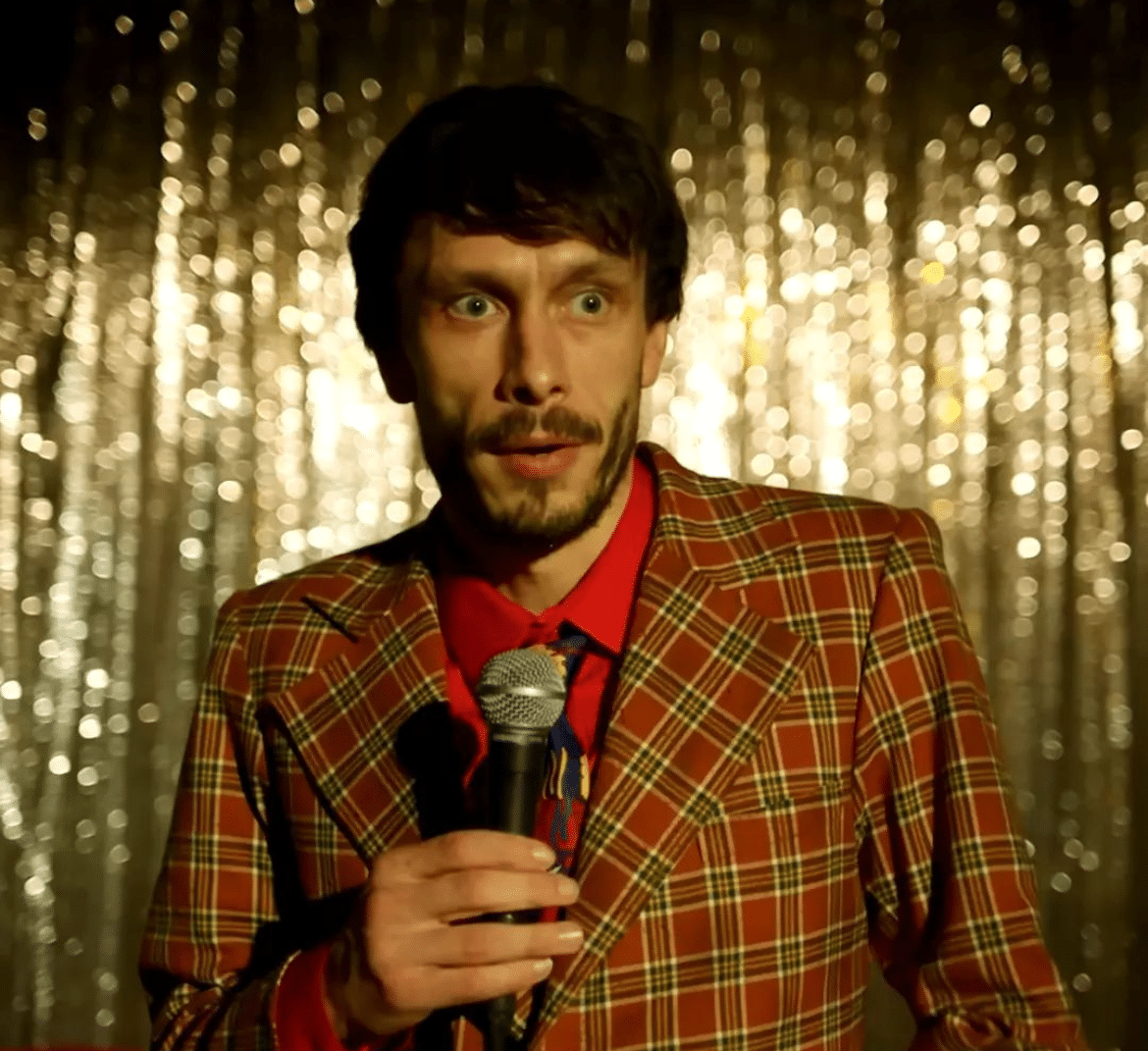Baby Reindeer is the best – and most challenging – show of 2024
Culture
Baby Reindeer is a shockingly brilliant series that delves with unflinching honesty into the darkness of hearts - but remains movingly human
Baby Reindeer is an extraordinary show for a great many reasons, but one of the principal is its commitment to honesty. It is not a fearless show, rather the creator Richard Gadd embraces the fear like little else we’ve seen.
In case you haven’t seen the Netflix show yet, it’s the true story of how comedian Gadd – who plays himself – was stalked by a woman who came to the pub where he worked. After a he gives Martha – a sensational Jessica Gunning – a free cup of tea, she bombards him with emails, voicemails, social media messages, begins to follow him around and harass his parents; Baby Reindeer is her pet name for him. The twist of the series however, is that this isn’t some ‘psycho woman’ story at all: indeed, Gadd, feels a great deal of empathy for the clearly disturbed Martha, and even enjoys the attention, even as his life is torn apart.
As the series goes on, we learn that Gadd is still processing a traumatic episode of being groomed by a predatory TV executive. This is all shown in harrowing fashion, and gut-wrenching admissions that he returned to be drugged and abused repeatedly. Gadd tells us of his self-hatred, and his seeking out of more pain to “normalise” the pain he has been through. His reaction to being stalked becomes ever more nuanced, ever more humane.
This is not easy television to watch in its most devastating moments, yet it is also incredibly compelling, hilarious and loveable. Some feat. Which is achieved through Gadd’s remarkable honesty, which cuts through the funny moments and the tragic. There are no easy resolutions or pat psychologies to find here, the honesty comes in looking at the truth, no matter how twisted or troubling that is.
The exploration of masculinity in all this is fascinating. At his work, Gadd is surrounded by uber-macho lads who do the usual groupthink piss-taking about the stalking situation, goading Martha on, laughing at the way she looks and laughing at Gadd’s uncomfortableness. Part of his empathy and protection of Martha comes from a desire to distance himself from such men. But it also seems to be a sensitivity to others and an openness with himself, that makes him different and also elevates him. He is willing to speak to Martha, he is willing to question his own motivations, and push himself beyond what his assumed limits are. Sure, part of this is laced with self-destruction, his powerful self-hatred, but there’s also a desire to put himself into difficulties just to see what happens. In other words, part of his appeal is his willingness to adventure beyond social conventions.
So one of the reasons he is willing to indulge his stalker is because of the very idea that stalkers are just psychos, and men don’t get stalked. As a performer, his comedy is a form of ‘anti-comedy’ which defies audience expectations and is often deliberately ‘bad’; the ridicule he receives is often about him looking for abuse, to reinforce his self-hatred, but there is also a genuinely funny glee to its flouting of the rules.
As a lover too, Gadd goes beyond social expectations. He is bisexual, we see him with ex-girlfriends, and fatefully attracted to his eventual groomer. And his great route out of the mess of his life is through the love of a trans woman, Teri (another brilliant performance, by Nava Mau). Rarely has a searching sexuality been so sympathetically rendered without it coming across as contrived or sentimental. Gadd is looking for love, a partner, support, sexual fulfilment, and is honest enough with himself not to hold himself back for appearances sake. He is not seeking out the ‘wrong’ in this case, he is seeking out answers to the difficult questions in his head…and one of the key answers is connection with another person. Martha gives him connection, in a warped kind of way, but with Teri there is a chance for something healthier; once he allows himself to be truthful with her.
What we are seeing with the phenomenon this show has turned into, is a man willing to go to placed others fear to tread: deep within his own soul. It is not done without fear, it is done to explore fear. And as viewers, who laugh and cry with him in this incredible show, we are left with the question: what are we afraid of in ourselves? And isn’t it worth exploring?
As for the fallout, as people are hunting for the real Martha and the column inches expand, and his stalker comes back to haunt Gadd again….will it have all been worth it for this show? Unquestionably, yes. In fact the growing muck-raking response only emphasises its strength in foregrounding empathy; a rare thing in these times indeed.
Trending

Join The Book of Man
Sign up to our daily newsletters to join the frontline of the revolution in masculinity.



















